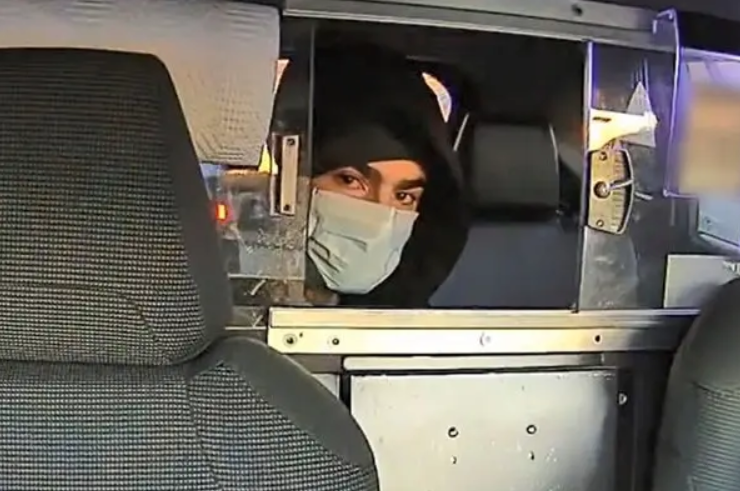
Over the past few weeks, Governor Glenn Youngkin has signed and approved into law several different bills that would help to refine the process of selecting recipients for unemployment benefits. One of the bills, SB 536, would require the Virginia Employment Commission to notify anyone who receives non-fraudulent overpayments that they have 30 days to request a waiver. This waiver is issued on request if the applicant could not be at fault for the original overpayment and if the Commission’s demanding of the overpayment would ultimately be contrary to “equity and good conscience” — meaning it would deprive the individual of the money needed for basic necessities.
“You don’t want a person to have [to] decide between paying for food and paying back benefits,” said Flannery O’Rourke, a prominent attorney with the Virginia Poverty Law Center. “Nobody should be put in that position.”
These non-fraudulent overpayments occur when an applicant for unemployment is erroneously approved, despite a truthful application. In these cases, the payments go through and the error can sometimes be discovered months or even years later. If the Employment Commission ever detects that the payments were in error, a bill for the full price of the payment will be sent to the recipient, which can be crippling if unexpected. In the height of the pandemic, hundreds of Virginian workers were mistaken for approval, and the bills are beginning to arrive in full force, years after the benefits were issued.
“This is huge,” said O’Rourke, who specializes in unemployment law. “The only thing worse than not getting benefits is getting approved for benefits to which you were not actually entitled.”
The VEC estimates roughly $3.6 million in waivers will be granted each year, according to the bill’s fiscal impact statement
A similar bill sets a five-year statute of limitations for recouping non-fraudulent overpayments. It also would allow the commission to waive overpayments in any situation where the agency determined it would be “administratively impracticable” to recover the money. The commission previously could only write off overpayments after seven years with good cause, or if the individual has filed for bankruptcy or died.
A third bill establishes consequences for businesses that do not respond promptly to requests from the Commission. Currently, it allows for a $75 penalty after three written requests and an additional $100 penalty for every subsequent written request.
All of the bills were supported strongly by both parties, and they are slated to go into effect in July. O’Rourke said it was heartening to see both sides of the aisle come together.
“We are trying to take away the nightmare,” she said. “You don’t want people who lose their job to be afraid to apply for unemployment.”













